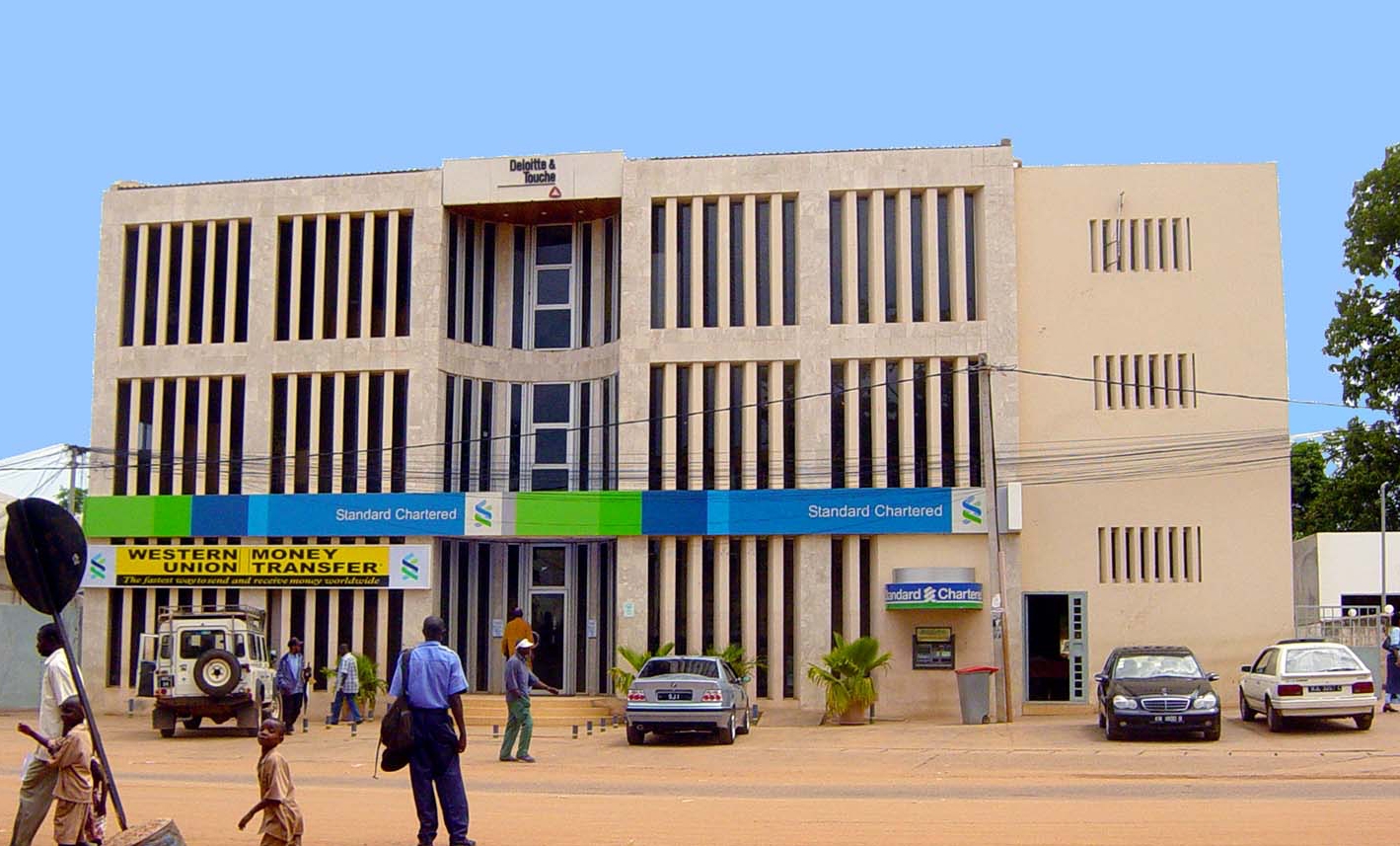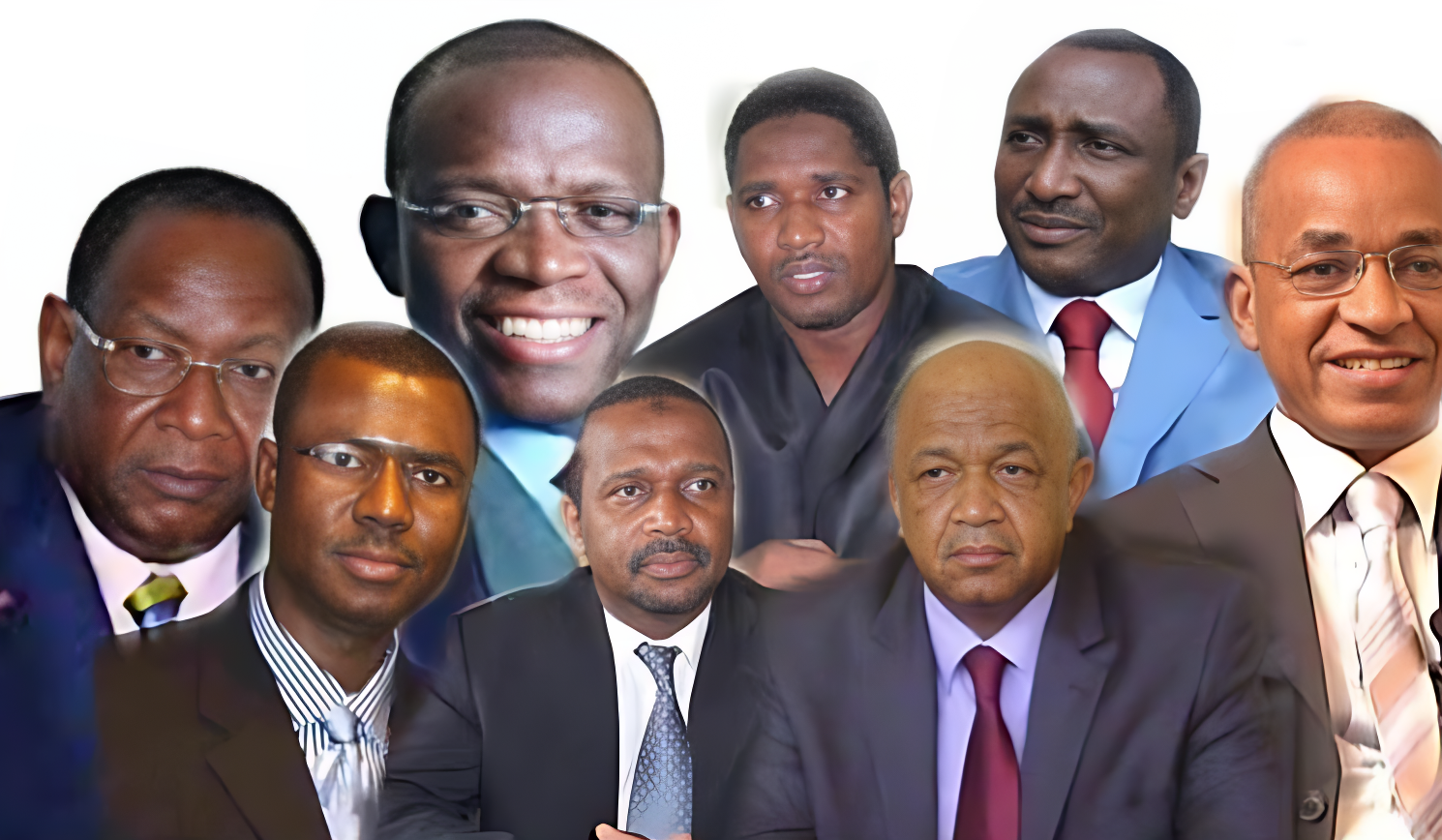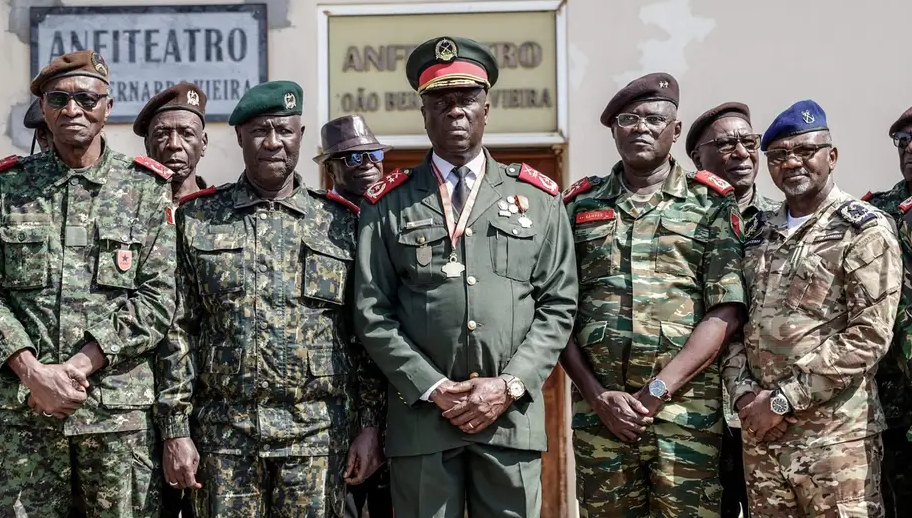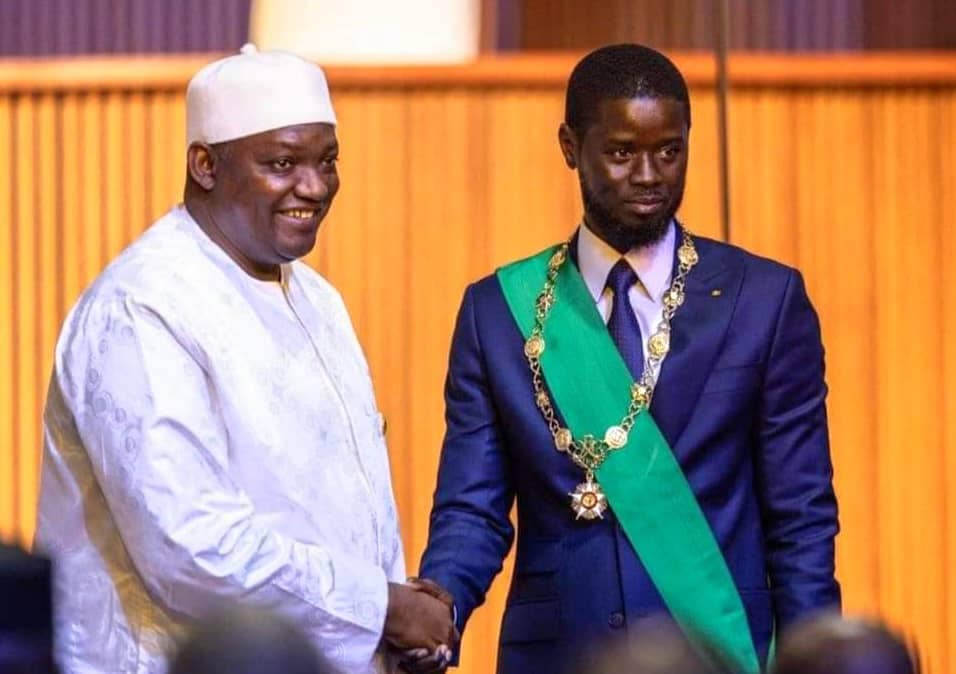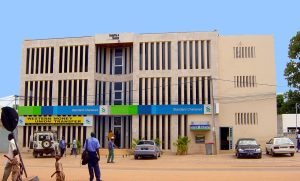Gambiaj.com – (BANJUL, The Gambia) – As a risk assessment specialist, I will and must emphasize that Gambia-Senegal economic, political, and security relations must be revisited to align with The Gambia’s national and economic security interests. Senegal’s economic and security dominance over The Gambia is undeniable, placing the latter in a precarious position of dependency.
Among the key areas of dependence, the electricity sector appears to be the most pressing. The Gambia relies on electricity imports through SENELEC, KARPOWER, & the OMVG (West African Power Pool), which Senegal dominates due to its larger infrastructure.
Security is another key area of dependence and weakness. The presence of ECOMIG forces, largely Senegalese, plus President Barrow’s perimeter security of mostly Senegalese Presidential Guards, underscores Senegal’s leverage over The Gambia’s security apparatus.
Trade, Agriculture, Oil, and Gas
Over 50% of The Gambia’s food and agricultural supplies come from or through Senegal, making disruptions in Senegal’s supply chains a critical risk for The Gambia.
The Gambia’s underdeveloped oil and gas sector, coupled with limited technical expertise, leaves it vulnerable to Senegal’s more advanced offshore drilling and partnerships. Senegal’s interest in Gambia’s resources could lead to exploitative agreements if The Gambia lacks skilled negotiators.
Senegal’s Strategic Interest Versus the Barrow Administration’s Weaknesses
Senegal aims to consolidate regional influence through economic leverage over The Gambia, particularly in oil, trade, and infrastructure. Unlike Nigeria’s Pan-Africanist approach to wealth sharing, Senegal has prioritized its national interests, showing little intention to uplift The Gambia. Recent political unrest in Senegal, including tensions surrounding PASTEF and Ousmane Sonko, underscores Senegal’s need to secure its southern border through The Gambia.
The current administration’s passive stance and lack of long-term strategies leave The Gambia vulnerable to Senegal’s dominance. Without a skilled team of negotiators and a proactive foreign policy, The Gambia risks being outmaneuvered in critical oil and gas negotiations.
The Gambia needs to strengthen negotiation capacity and adopt Pan-Africanist principles.
Diversify dependencies & reduce reliance on Senegal by investing in alternative sources of energy and clean, affordable water supply, agricultural self-sufficiency, and new trade partnerships.
Build a team of experts, including diaspora and retired professionals, to negotiate fair deals in oil and gas, trade, border conflicts, transportation, and customs regulations.
The Gambia must assert its sovereignty and gradually reduce Senegalese troop presence to reclaim control over national security.
It also needs to leverage regional partnerships and sustain collaboration with ECOWAS, Mauritania, and other nations to diversify partnerships and balance Senegal’s influence.
The Gambia also must draw inspiration from PDOIS and PASTEF ideologies to advocate for equitable partnerships, redistribution of the sovereign wealth, and poverty alleviation.
Senegal’s strategic interest in The Gambia is evident—economic leverage, oil and gas opportunities, and regional dominance. However, The Gambia’s dependency and weak leadership put its sovereignty at risk.
To safeguard its future, The Gambia must diversify its dependencies, strengthen negotiation capabilities, and adopt a proactive, Pan-Africanist approach. Without decisive action, The Gambia risks being perpetually overshadowed by its larger neighbor.
This is a critical moment for The Gambia to reclaim its sovereignty and secure its economic independence. The time for action is now! Not later!
The Author is Security Analyst, based in Silver Spring (United States)



